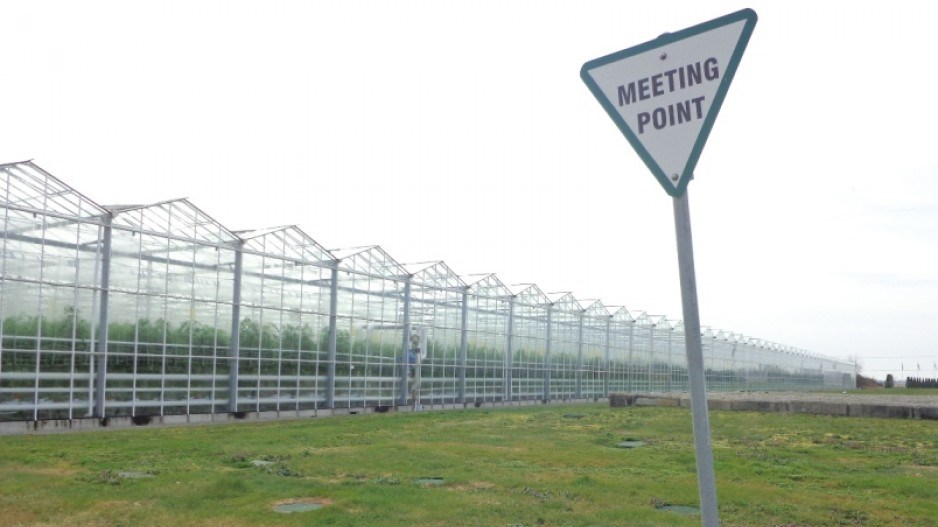B.C. cannabis growers are finding themselves excluded from government subsidies that growers of other crops enjoy.
The B.C. government announced February 11 that cannabis is not an eligible crop for carbon tax relief grants at any phase of production, including propagation. Business in Vancouver asked the Ministry of Agriculture why that is but did not get a rationale.
Instead, the ministry sent a statement that simply reiterated that cannabis is not eligible: "the Greenhouse Carbon Tax Relief Grant is a program that focuses on commercial vegetable, floriculture, and wholesale and forest seedling nursery greenhouse operations."
The grants return 80% of the carbon tax that commercial greenhouse growers of eligible crops paid on the natural gas and propane they used for greenhouse heating and CO2 production in 2018.
Commercial producers of B.C. vegetables, ornamental flowers and plants, forest seedlings and nursery plants are eligible to apply for the grant, providing that, in 2018, they:
•had sales exceeding $20,000;
•used natural gas or propane to heat their greenhouses or produce CO2; and
•had a production area greater than 455 square metres.
Applications for carbon tax relief grants for the 2019 production year for eligible commercial greenhouse operators are now open and will be accepted until March 29, 2019, according to the government.
The greenhouse sector supplies British Columbians with fresh vegetables for about 10 months of the year on about 300 hectares of land, according to government statistics.
More than 100,000 tonnes of greenhouse vegetables are grown per year, including tomatoes, peppers, cucumbers, eggplants, lettuce and others. B.C.'s floriculture and nursery industries grow more than 80 million cut flowers and over 50 million potted plants a year.
The Ministry of Agriculture expects the processing and completion of applications, and the grants to be issued, by June 2019.




